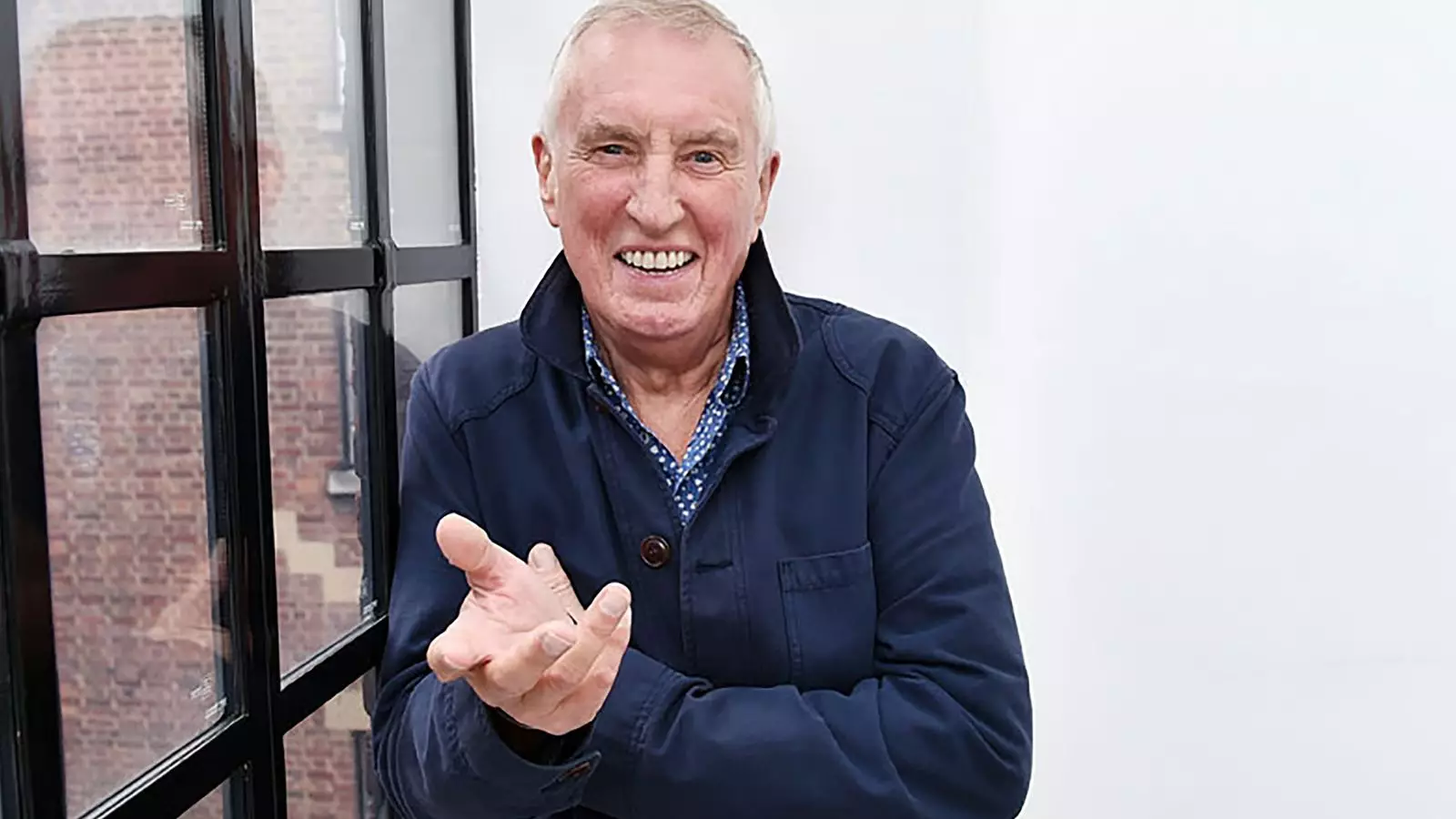The radio industry is mourning the loss of a true icon. Johnnie Walker, a veteran radio DJ whose influence spanned decades, passed away at the age of 79 after battling idiopathic pulmonary fibrosis (IPF). Known primarily for his shows on BBC Radio 2, including “Sounds of the 70s” and “The Rock Show,” Walker’s journey through the airwaves showcased not only his immense talent but also his unwavering commitment to music and broadcasting. His death is not just a loss for his family and friends but for countless listeners who grew up with his distinct voice guiding them through the music of their lives.
A staple of the British music scene, Walker championed artists who would go on to become icons. From Lou Reed to Fleetwood Mac and The Eagles, his playlists reflected a profound appreciation for a diverse range of musical expressions. His ability to connect with his audience was rooted in his deep passion for the music he played. Walker’s selections were never mere background noise; they were carefully curated soundtracks that resonated with the emotions and experiences of his listeners. It was this dedication that garnered him not just a following, but also the respect of his peers as a true music aficionado.
His last months highlighted the strength of his character. Having announced his retirement after 58 years in the industry, he presented his final shows while grappling with a debilitating illness. His wife, Tiggy Walker, recounted how he managed to maintain his jovial demeanor and professional integrity even amid adversity. This resilience served as an inspiration, showing how passion can often stand as a bulwark against life’s challenges.
Johnnie Walker’s career was as varied as the music he loved. His journey began not in a radio studio, but as a mechanic and car salesman in Birmingham. However, music was always calling him, leading him to take his first steps into broadcasting with a Friday night disco set under the alias “Peter Dee.” The leap into radio proper came in the mid-60s with sessions on a pirate radio station, laying the groundwork for his future stardom.
Transitioning to BBC Radio 1, Walker quickly made a name for himself, especially after a transformative stint in San Francisco, recording for Radio Luxembourg. His return to the UK saw him further establishing himself within BBC Radio, where he continued to innovate and delight audiences. Walker distinguished himself with his unique approach of prioritizing the music over DJ chatter—a hallmark of his broadcasting ethos that many modern DJs could recognize as a guiding principle.
A Champions’ Farewell
Walker’s contributions to radio were recognized widely, with his colleagues paying heartfelt tributes in the wake of his passing. Bob Harris, a friend and fellow broadcaster, shared poignant reminiscences of how Walker influenced many aspiring DJs. Tim Davie, the director general of the BBC, emphasized Walker’s status as a pioneer in pop radio, reflecting a sentiment shared by many in the industry. Helen Thomas, head of BBC Radio 2, noted his role in inspiring a new generation of presenters, crediting him with a distinct ability to promote the music he loved passionately.
Despite his health struggles, Walker’s legacy was that of an indomitable spirit. He openly shared his fights with serious health issues, including his battle with non-Hodgkin’s lymphoma, which dramatically altered his life in 2003. Walker’s transparency about these hardships revealed his candidness, helping others who might find themselves in similar circumstances, adding another layer of resonance to his public persona.
As we reflect on Johnnie Walker’s life, it is essential to consider the multitude of ways he shaped broadcasting and popular culture. His unique style, dedication to music, and ability to entertain while educating audiences create a lasting footprint. Today, aspiring DJs and music enthusiasts alike should look to Walker’s commitment and authenticity as guiding principles, not just in radio, but across all forms of media. Johnnie Walker leaves behind a legacy of passion for music—as well as for meaningful connection through the power of broadcasting that will surely echo for generations to come.

